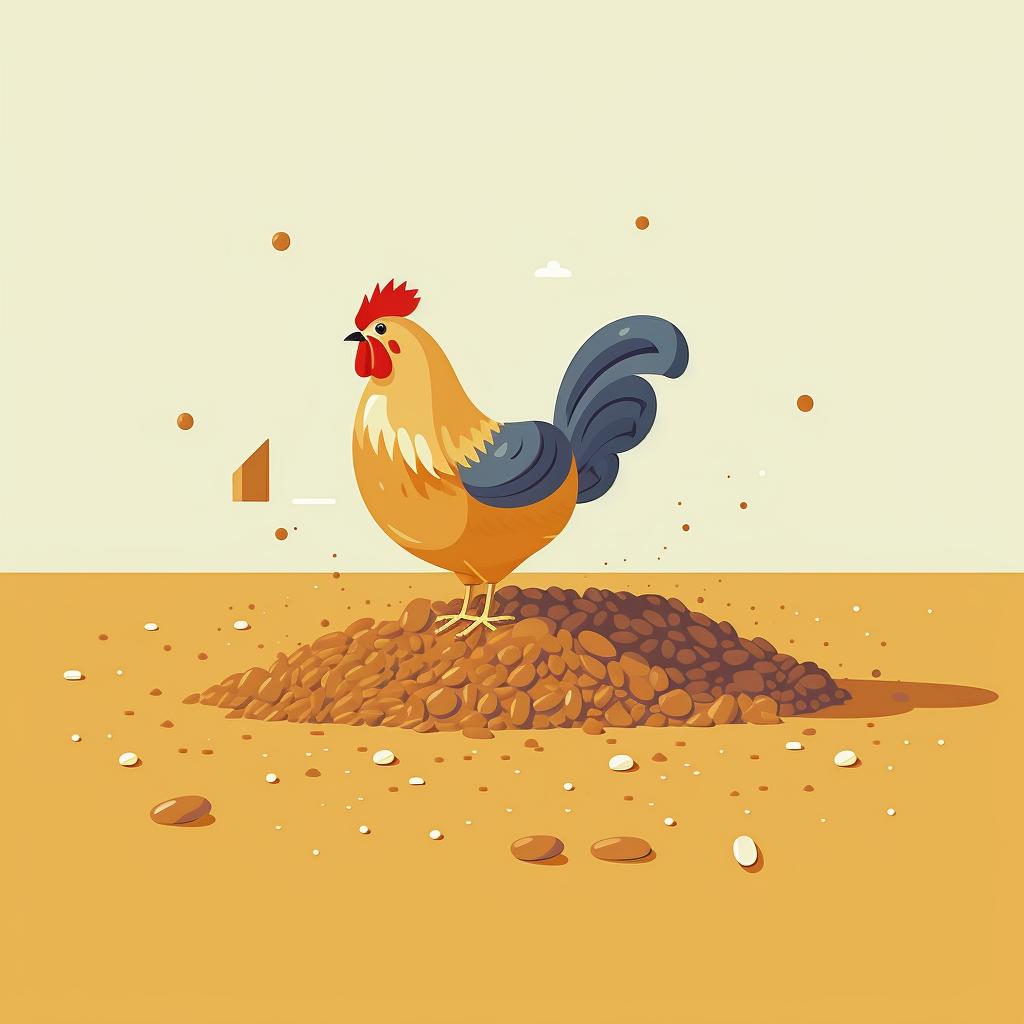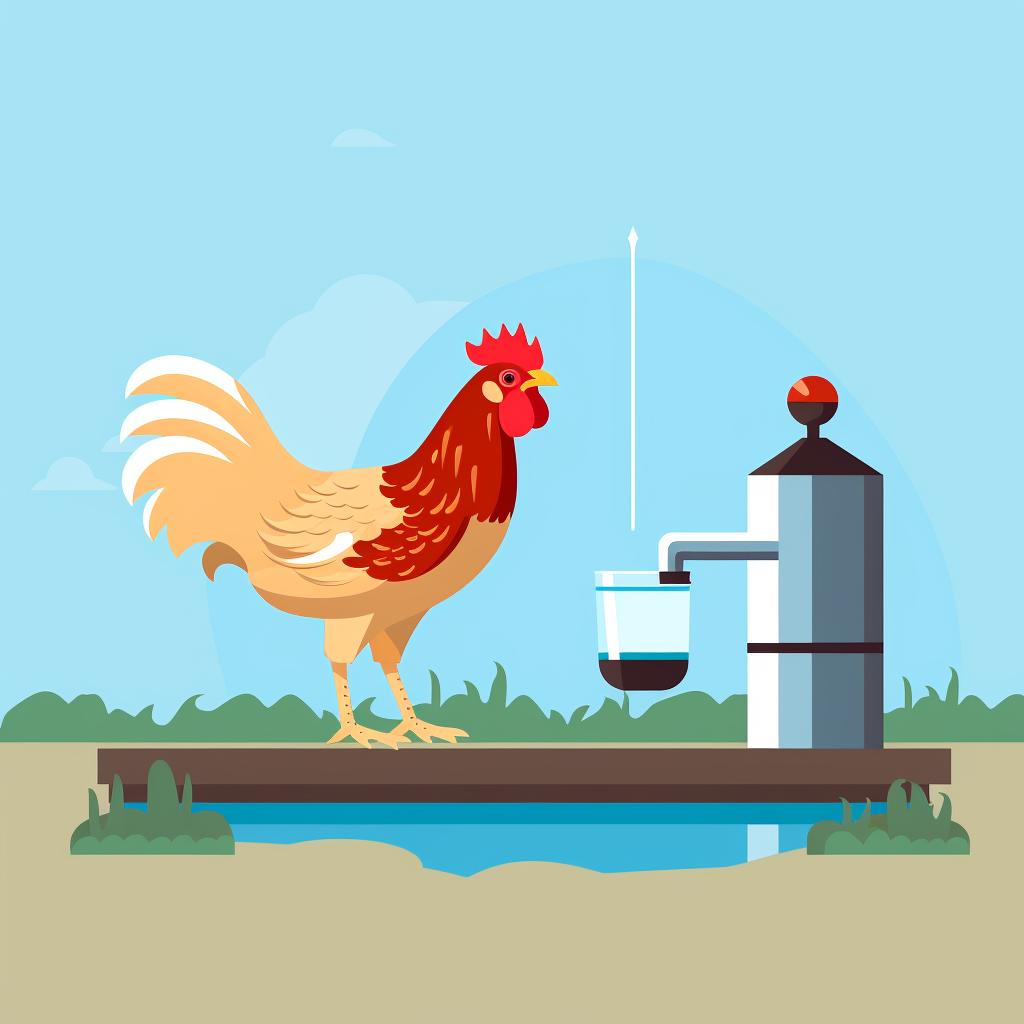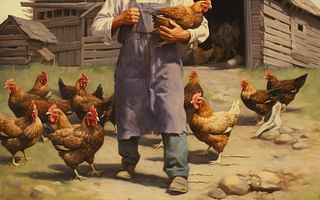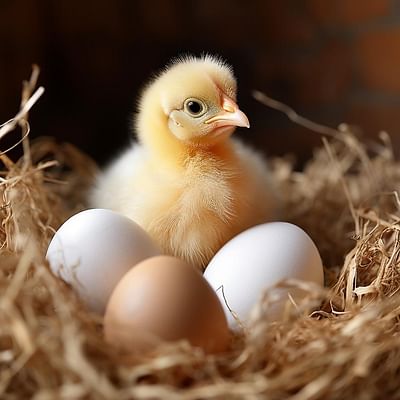🐔 Feeding Chickens for Optimal Egg Production: A Step-by-Step Guide 🥚
Feeding your chickens properly is crucial for their health and egg production. But, what does a balanced diet for chickens look like? Our step-by-step guide above provides an easy-to-follow method to ensure your chickens are getting the right nutrients. However, there's more to raising chickens than just feeding them. Let's dive a bit deeper.
Chickens are versatile creatures and can be raised for various purposes. Whether you're interested in raising chickens for eggs or meat, or even as pets, each purpose requires a different approach to feeding and care. For instance, meat chickens require a high-protein diet for rapid growth, while laying hens need a balanced diet rich in calcium for eggshell formation.
Feeding your chickens isn't just about what you give them, but also how you provide their meals. Chickens are natural foragers and love to scratch around in search of food. This natural behavior can be encouraged even in a backyard setting. Our comprehensive guide on chicken care provides more insights on how to create a stimulating environment for your chickens.
Did you know that chickens' dietary needs change as they grow? From fluffy chicks to mature laying hens, each stage of a chicken's life requires different nutrients. Our article on chicken egg production sheds light on how to adjust your chickens' diet as they age.
Lastly, remember that a healthy chicken is a happy chicken. Regular health checks and deworming are essential to keep your flock in top shape. With the right diet and care, you can look forward to a coop full of clucking, contented chickens laying a bounty of eggs.
Whether you're a seasoned chicken farmer or a newbie, we hope this guide helps you understand the importance of a balanced diet for your chickens. So, go ahead and bring out the best in your flock with the right feed!


















